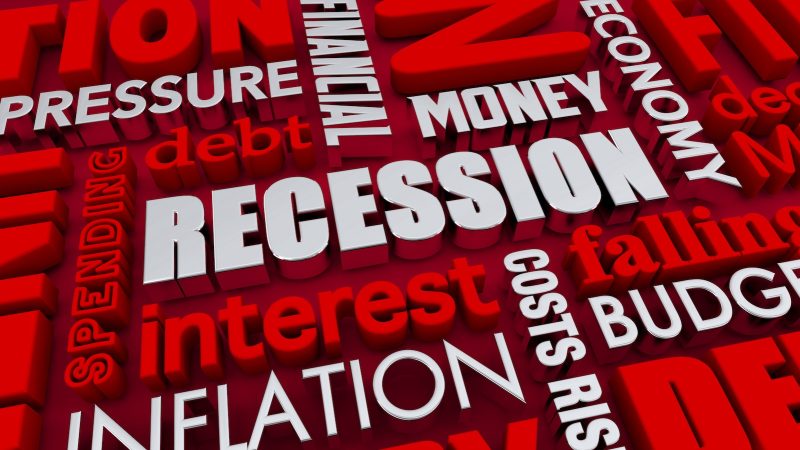The recent tech stock selloff has sent ripples of concern throughout financial markets, with fears of a looming recession gripping investors and analysts alike. As major tech companies experienced a drastic decline in their stock prices, the vulnerability of the market became more apparent, raising questions about the stability of the global economy. This sudden downturn in the tech sector has reignited discussions about the broader economic landscape and the risks that may lie ahead.
The technology sector has long been regarded as a driving force behind the economy, with companies such as Apple, Amazon, and Google leading the way in innovation and market capitalization. However, the recent sell-off has exposed the sector’s susceptibility to market fluctuations and investor sentiment. As tech stocks tumbled, so too did investor confidence in the resilience of these once high-flying companies.
The concerns surrounding a potential recession have only been amplified by the ongoing trade tensions between the United States and China. The tit-for-tat tariff war has created uncertainty in global markets, leading to increased volatility and investment caution. With both countries implementing tariffs on each other’s goods, the specter of an economic slowdown looms large, as businesses face higher costs and disrupted supply chains.
Another factor contributing to recession fears is the inverted yield curve, which historically has been a reliable indicator of an impending economic downturn. The recent inversion of the yield curve – where short-term interest rates exceed long-term rates – has raised alarm bells among economists and investors. This phenomenon suggests that market participants are bracing for a prolonged period of sluggish economic growth, if not an outright recession.
Furthermore, the lingering effects of the COVID-19 pandemic continue to cast a shadow over the global economy. The pandemic has disrupted supply chains, stifled consumer demand, and forced businesses to adapt to rapidly changing market conditions. As economies seek to recover from the impact of the virus, the prospect of a recession remains a very real concern for policymakers and investors alike.
In response to these mounting fears, central banks around the world have taken action to shore up their economies and mitigate potential risks. The Federal Reserve, for example, has cut interest rates and implemented quantitative easing measures in an attempt to stimulate economic growth and stabilize financial markets. Similarly, other central banks have adopted accommodative monetary policies to support their respective economies in the face of mounting uncertainties.
Despite these efforts, the specter of a recession continues to loom large, as tech stocks selloff and trade tensions persist. As investors navigate the choppy waters of market volatility, it becomes imperative to remain vigilant and prepared for potential economic headwinds. In such a climate of uncertainty, diversification, risk management, and a long-term investment perspective remain key strategies for weathering market storms and safeguarding financial portfolios.

